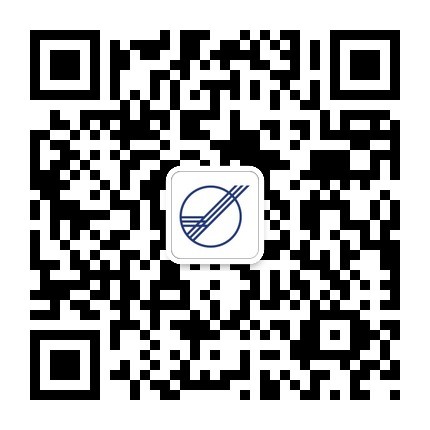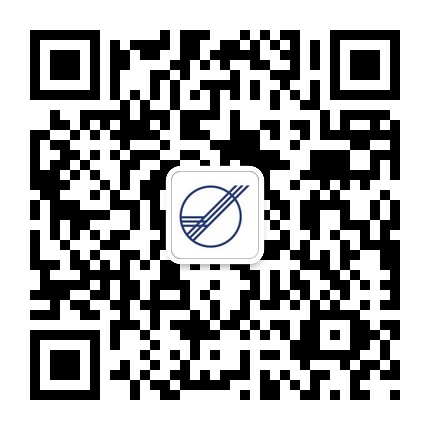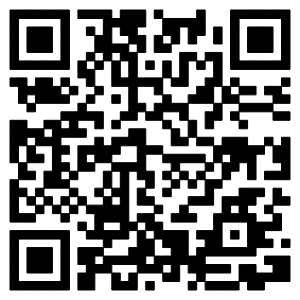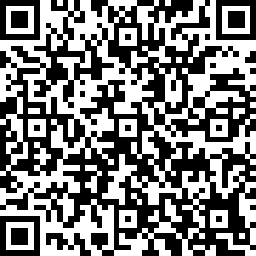
 {{_.$tools.formatDate(item.publishTime, 'yyyy-MM-dd')}} {{item.title}}
{{_.$tools.formatDate(item.publishTime, 'yyyy-MM-dd')}} {{item.title}} 
Macao participates in Universal Security Audit Programme

Macao participates in Universal Security Audit Programme 2010-06-14
With the objective of determining the degree of the compliance by Macao with international security-related Standards and Recommended Practices as well as assessing Macao’s aviation security oversight, management and quality control, through a fair and objective audit by International Civil Aviation Organization (ICAO), Macao participated in ICAO’s Universal Security Audit Programme (USAP) from 7 to 14 June 2010. On 14 June 2010, the ICAO audit team held a debriefing with the representatives of the participating entities in the audit. The preliminary audit results indicated that the legislation, standards and procedures are in place, allowing effective enforcement of laws and regulations; all necessary aviation security plans and the relative quality control, training and facilitation programmes have been implemented. On an overall assessment, the ICAO audit team has given high remarks on Macao’s aviation security oversight and management.
In the audit, ICAO conducted a thorough assessment of Macao’s aviation security systems. As the focus was on the oversight capability, the audited entities did not just involve the Civil Aviation Authority of Macao SAR (AACM) but also other relevant government entities and industry organizations, including Unitary Police Force, Customs Services, Public Security Police Force, Administration of Airports Ltd., Menzies Macau Airport Services Ltd., Macau Catering Services Co. Ltd., Macau Security Co. Ltd. (SEMAC), Air Macau Co. Ltd. and Air Asia.
In accordance with aviation-related provisions of Annex 9 (Facilitation) and Annex 17 (Security) of the Convention on International Civil Aviation, the audit areas focused on 9 aspects of Macao’s aviation security systems. The 9 aspects were 1. regulatory framework and the national civil aviation security system, 2. training of aviation security personnel, 3. quality control functions, 4. airport operations, 5. aircraft and in-flight security, 6. passenger and baggage security, 7. cargo, catering and mail security, 8. response to acts of unlawful interference, and 9. security aspects of facilitation. The audit was carried out by means of documents review, interviews with relevant people and on-site observations.
AACM paid focused attention on the participation of USAP. A coordination group was set up in 2009 composing members from relevant internal departments as well as representatives from Unitary Police Force, Customs Services, Public Security Police Force, Administration of Airports Ltd. and Macau Security Co. Ltd. (SEMAC). The coordination group held close contact and regular meetings to ensure that all entities were well-prepared for the audit. To further improve the regulations and the procedures, the Facilitation and Security Committee passed and implemented the Aviation Security Quality Control Programme and the new Aviation Security Programme in Macau International Airport in 2009. In addition, AACM sent representatives to observe the same audits conducted on mainland China and Hong Kong. In January this year, AACM invited the Programme Coordinator of the ICAO Technical Cooperation Group to visit Macao to look at the programmes implemented and discuss legal issues related with security matters.
ICAO will send the audit report to AACM after two months from now. Upon receiving the audit report and after analyzing the results, AACM is required to submit the corrective action plan to the Organization two months thereafter. To promote information sharing and transparency, ICAO will publish the USAP results of all States in their intranet.
The 911 incident has brought world attention to the seriousness and the urgency of issues relating to aviation security. To further enhance international aviation security, the ICAO Council decided in 2002 that ICAO shall implement a regular, mandatory, systematic and harmonized audit on all Contracting States to assess the oversight capability of States on aviation security related activities. Being part of China, Macao SAR is not a Contracting State and therefore is not required to join the USAP. Despite this, in order to enhance the level of security management so as to contribute more to the air transport development of Macao, AACM initiated its wish to ICAO through the coordination by the Civil Aviation Administration of China in 2009 for participating in the audit. The request was accepted by ICAO.
In addition to the participation in Universal Safety Oversight Audit Programme (USOAP) in 2009, the participation in USAP this year is another important platform that AACM indicates to ICAO of Macao’s safety oversight capability. Since ICAO has implemented USOAP and USAP, the two audit activities have then become important means of assessing the capability of a State in safety oversight. Aviation security has become a global issue and that the global level must be enhanced by complying strictly with unified standards. For this reason, AACM wishes to take this audit as an opportunity to assess Macao’s aviation security systems, find out weaknesses and thereafter adopt measures for improvement so that the security operation and management level can be enhanced, ultimately providing a safer, more reliable and convenient environment for travelling.
At present, international aviation security is facing a complicated era with the emergence of different acts of unlawful interference of safety. In recent years, ICAO has adopted a series of actions apart from implementing the USAP, e.g. the modernization of international conventions relating to aviation security.
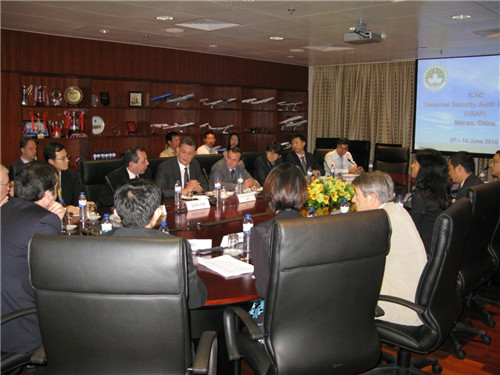
Macao participated in the Universal Security Audit Programme from 7 to 14 June 2010, an audit conducted by the International Civil Aviation Organization on its 190 Contracting States.
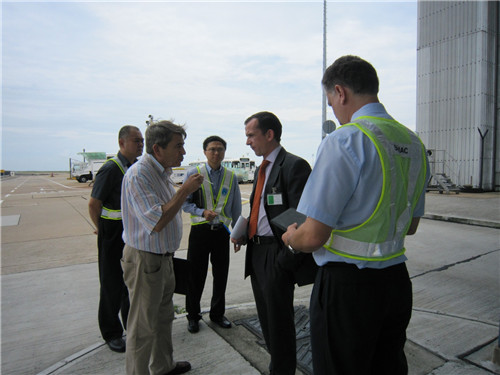
The audit team of the International Civil Aviation Organization conducted on-site observation in Macau International Airport to check the security operations and the control areas.















